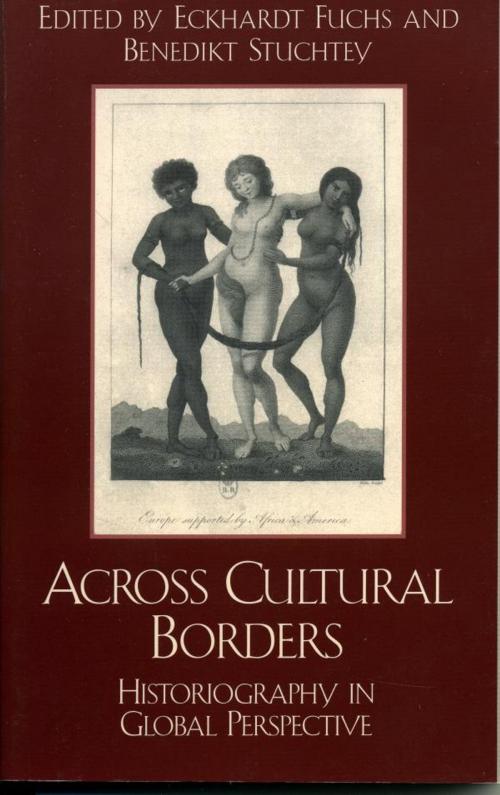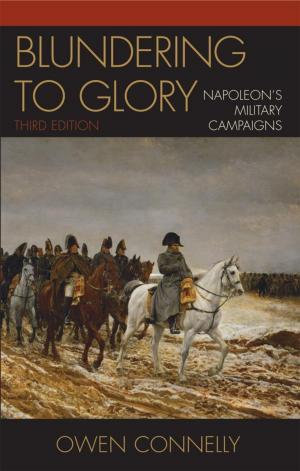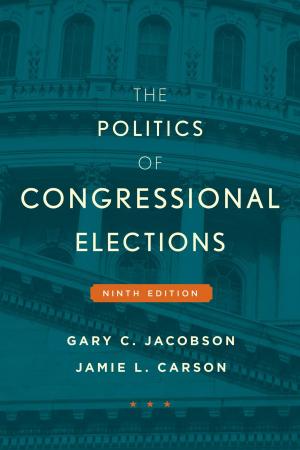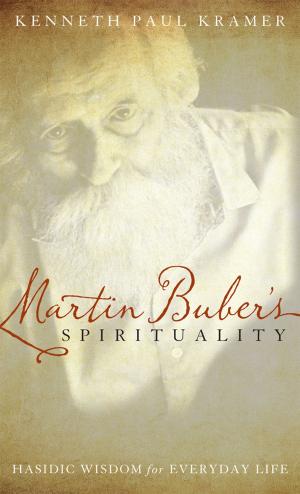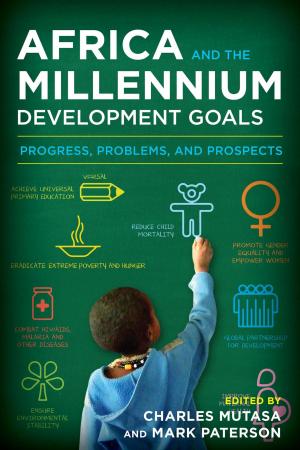Across Cultural Borders
Historiography in Global Perspective
Nonfiction, History, Reference, Historiography| Author: | ISBN: | 9780742569317 | |
| Publisher: | Rowman & Littlefield Publishers | Publication: | December 29, 2001 |
| Imprint: | Rowman & Littlefield Publishers | Language: | English |
| Author: | |
| ISBN: | 9780742569317 |
| Publisher: | Rowman & Littlefield Publishers |
| Publication: | December 29, 2001 |
| Imprint: | Rowman & Littlefield Publishers |
| Language: | English |
This innovative work offers the first comprehensive transcultural history of historiography. The contributors transcend a Eurocentric approach not only in terms of the individual historiographies they assess, but also in the methodologies they use for comparative analysis. Moving beyond the traditional national focus of historiography, the book offers a genuinely comparative consideration of the commonalities and differences in writing history. Distinguishing among distinct cultural identities, the contributors consider the ways and means of intellectual transfers and assess the strength of local historiographical traditions as they are challenged from outside. The essays explore the question of the utility and the limits of conceptions of modernism that apply Western theories of development to non-Western cultures. Warning against the dominant tendency in recent historiographies of non-Western societies to define these predominantly in relation to Western thought, the authors show the extent to which indigenous traditions have been overlooked. The key question is how the triad of industrialization, modernization, and the historicization process, which was decisive in the development of modern academic historiography, also is valid beyond Europe. Illustrating just how deeply suffused history writing is with European models, the book offers a broad theoretical platform for exploring the value and necessity of a world historiography beyond Eurocentrism.
This innovative work offers the first comprehensive transcultural history of historiography. The contributors transcend a Eurocentric approach not only in terms of the individual historiographies they assess, but also in the methodologies they use for comparative analysis. Moving beyond the traditional national focus of historiography, the book offers a genuinely comparative consideration of the commonalities and differences in writing history. Distinguishing among distinct cultural identities, the contributors consider the ways and means of intellectual transfers and assess the strength of local historiographical traditions as they are challenged from outside. The essays explore the question of the utility and the limits of conceptions of modernism that apply Western theories of development to non-Western cultures. Warning against the dominant tendency in recent historiographies of non-Western societies to define these predominantly in relation to Western thought, the authors show the extent to which indigenous traditions have been overlooked. The key question is how the triad of industrialization, modernization, and the historicization process, which was decisive in the development of modern academic historiography, also is valid beyond Europe. Illustrating just how deeply suffused history writing is with European models, the book offers a broad theoretical platform for exploring the value and necessity of a world historiography beyond Eurocentrism.
